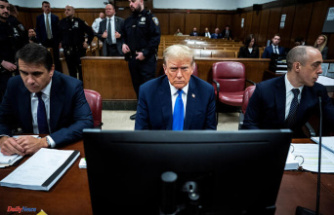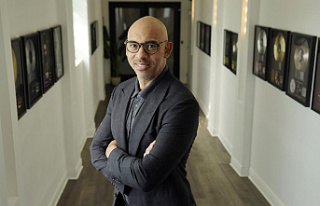Antonio Guterres, U.N. Secretary General, told reporters Tuesday that there is not enough time to reduce greenhouse gas emissions in order to achieve the Paris accord goals and prevent global warming.
He said, in New York, "The clock has begun to tick." The leadership gap is what has created the emissions gap. Leaders can make this a turning point towards a greener future, and not a tipping point toward climate catastrophe. "
Guterres spoke at U.N.'s launch of a new report. The Environment Programme found that new pledges from governments to reduce emissions are increasing hopes, but not enough to prevent global warming exceeding 1.5 degrees Celsius (2.7 degree Fahrenheit) by 2025.
According to the report, recent declarations made by many countries that they would aim to have "net-zero" emission by 2050 could, if implemented fully, limit global temperature rise to 2.2 degrees Celsius (4 F). This is closer than the Paris climate agreement's less strict target of limiting global warming to 2 degrees Celsius (3.6 F) in comparison to pre-industrial times.
The United States, the European Union, and many other countries have established net-zero emission targets. The Environment Programme report stated that the net-zero targets many countries had announced in advance of the U.N. Climate Summit in Glasgow next week are still vague. Much of the work on emissions reductions will be done well beyond 2030.
Guterres stated that scientists are clear about the facts of climate change and added that leaders must be as clear in their actions.
He said, "They must come to Glasgow with bold and time-bound plans to reach net zero."
This report is one of many recent studies that examines the gap between the pledges of countries to reduce their emissions of planet-heating gasses and what scientists believe is necessary to achieve the Paris goals.
From Oct. 31 to Nov. 12, leaders, diplomats and scientists will gather in Glasgow to discuss how countries, businesses, and individuals can adapt their targets to avoid more extreme climate change scenarios. These include a greater sea-level rise, more wild weather, and more droughts.












